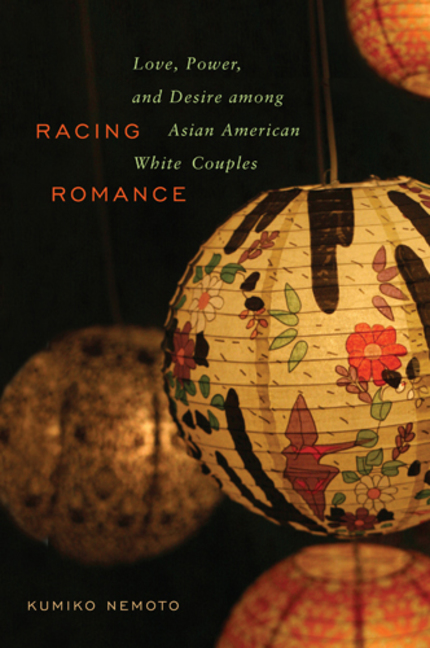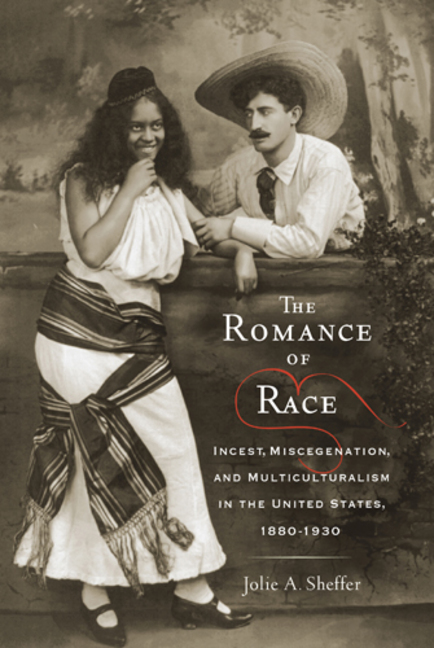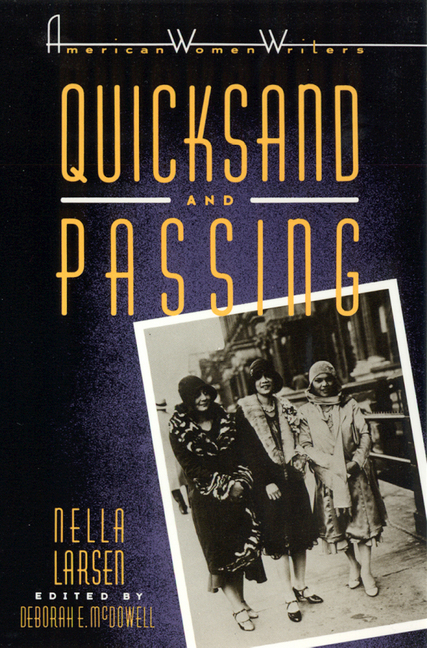The colour of money in multiracial JamaicaPosted in Articles, Caribbean/Latin America, Communications/Media Studies, New Media, Social Science on 2012-09-23 20:23Z by Steven |
The colour of money in multiracial Jamaica
The Jamaica Gleaner
Jamaica, West Indies
2012-09-23
Carolyn Cooper, Professor of Literary and Cultural Studies
University of the West Indies, Mona, Jamaica
On a flight from Miami several years ago, I sat next to a little girl who seemed to be about 10 or so years of age. She was looking through a magazine and came across a picture of three little girls – black, white and brown. I mischievously asked her, “Which one of them looks like you?” She picked the black child.
I then asked her, “Which one do you look like?” And, believe it or not, she chose the brown child. ‘Mi nearly dead.’ I wondered if she had misunderstood. After all, it was a kind of trick question I was asking her about racial identity. But no, she did understand. As far as she was concerned, the black girl looked like her but she did not look like the black girl. And, in a funny way, it made perfectly good sense. It’s OK for the black girl to look like her; but not for her to look like the black girl.
So who is responsible for this crazy conundrum? Was this just an exceptional case of a little child confused by the ‘fool-fool’ questions of a nosy adult? Or were the little girl’s curious answers a sign of our collective paranoia about race in Jamaica? How does our national motto complexify the problem, as the Americans say? Oh, yes! If you can simplify, it’s perfectly logical to complexify…
Read the entire essay here.



